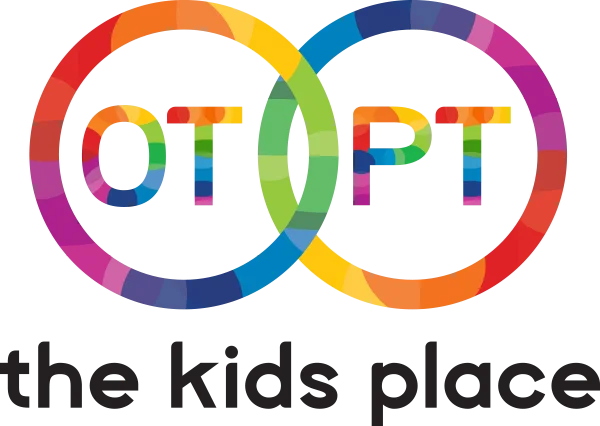Learning difficulties is an umbrella term for a wide variety of learning problems. A learning difficulty is not a problem with a child’s intelligence or motivation. Children with learning difficulties are not lazy, their brains are just wired differently.
Learning difficulties can look very different from one child to another. One child may struggle with reading and spelling, while another loves reading but just can’t understand maths and struggles with handwriting. One child has difficulty processing visual material while another has difficulties understanding what others are saying or difficulties communicating. Each problem is very different for each child, but they are all learning difficulties.
The most common Learning Difficulties and some key symptoms are listed below
- Dyslexia – Difficulties specific to reading
(e.g., slow and laboured reading, difficulty reading aloud, problems with writing and spelling, mispronunciation of words)
- Dysgraphia – Difficulties specific to writing
(e.g., cramped grip, difficulty with planning and presentation of work, difficulty with spelling)
- Dyscalculia – Difficulties specifically related to maths
(e.g., identifying number patterns, solving word problems, using steps in maths operations, difficulties with sequencing information or events)
- Developmental Coordination Disorder ( Dyspraxia) – Difficulties specific to fine and/or gross motor skills
(e.g., Clumsiness, fatigue, poor balance and posture, poor eye-hand coordination)
- ADHD – whilst ADHD is not technically considered a Learning Difficulty it is estimated that 30-50% of children with ADHD also have a specific Learning Difficulty.
At The Kids Place:
we can support you, your child, and your child’s teacher in the following ways
- Early identification of developmental differences: Understanding developmental milestones for toddlers and preschoolers is very important. The Kids Place can offer early detection of developmental differences which may be an early signal of a learning difficulty. A developmental lag might not be considered a symptom of a learning disability until your child is older, but if it is identified when your child is young, they can access support early on and reduce the emotional and behavioural problems that can accompany undiagnosed learning difficulties.
- Recognising your child’s unique learning preferences: Children with learning difficulties need to be taught in ways that are tailored to their unique learning styles. The Kids Place offers age-appropriate assessments and screening tools to gather information that can be passed onto family or school. We can also meet in person with you and your child’s teachers to support the implementation of these strategies in the classroom.
- Specific assessment and intervention related to underlying skill deficits: Assessment and intervention of the underpinning skills for learning allows us to build on strengths whilst simultaneously working on areas of difficulty.
- We work collaboratively with our physiotherapy team: Gross motor skills are a vital foundation for learning. Our close working relationship with our physiotherapy colleagues means that children can quickly and easily be seen by a Physiotherapist if necessary. This may be an informal screen during a scheduled occupational therapy session (with parent permission) or referral for a more in-depth assessment.
- Building your child’s self-esteem and confidence: Coping with learning difficulties can be challenging, we also offer support with emotional regulation helping children to manage their big feelings and feel confident about who they are.
- Providing you with the tools to support your child at home: Repetition and direct teaching are key aspects of supporting children with learning disabilities, our therapists will provide home programs to build on what is done in sessions and support you to help your child.
- Assessment and treatment of retained Primitive Reflexes: Primitive reflexes are reflexes that appear in infancy and are integrated into normal movement patterns as the infant develops during the first months and years of life. These reflexes which are repetitive and automatic are essential for the development of head control, muscle tone, sensory integration and motor and emotional development. Many of the children that we see at The Kids Place commonly demonstrate signs of these reflexes not being integrated. Non-integrated reflexes may interfere with the development of more advanced motor skills and negatively affect learning. Reflex integration is an important component of a comprehensive therapy program.
You know your child better than anyone else so if you have concerns about your child’s learning please do not hesitate to contact us if you think they may need support.
